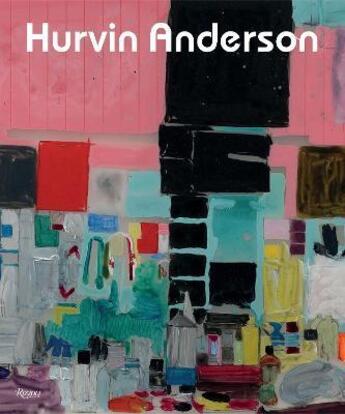-
Date de parution : 25/10/2022
-
Editeur :
Rizzoli
-
EAN : 9780847872176
-
Série :
(-)
-
Support :
Papier
Résumé:
The Birmingham-born, Turner Prize-nominated artist Hurvin Anderson is best known for his brightly painted, densely detailed landscapes and interior scenes, which are drawn from his own photographs, sketches and personal recollections particularly those relating to his upbringing in the... Voir plus
The Birmingham-born, Turner Prize-nominated artist Hurvin Anderson is best known for his brightly painted, densely detailed landscapes and interior scenes, which are drawn from his own photographs, sketches and personal recollections particularly those relating to his upbringing in the Afro-Caribbean community in the Midlands, as well as more recent trips to the Caribbean. Anderson s luscious paintings have hybridity at their heart. A tug-of-war plays out between abstraction and figuration, nature versus the manmade, beauty and menace, and his British and Jamaican heritage. Born in the United Kingdom as a member of the Jamaican diaspora, Anderson relates to the Caribbean as both insider and outsider, aware of the mythmaking that the idea of lost or future paradise generates. Anderson, the youngest of eight children, grew up listening to his family reminisce about their lives in the Caribbean before they moved to England in the 1960s, an emotional through-line to his work, suggesting the longing and loss that keeps certain geographies alive in us. This book, Anderson s first major monograph, has been carefully curated by the artists himself and includes paintings, sketches, source material and ephemera, studio shots, and a series of black-and-white drawings created exclusively for this publication. The volume also features an in-depth and deeply considered essay by art historian Catherine Lampert, a text by poet and writer Roger Robinson, and an illustrated chronology.
Donner votre avis









